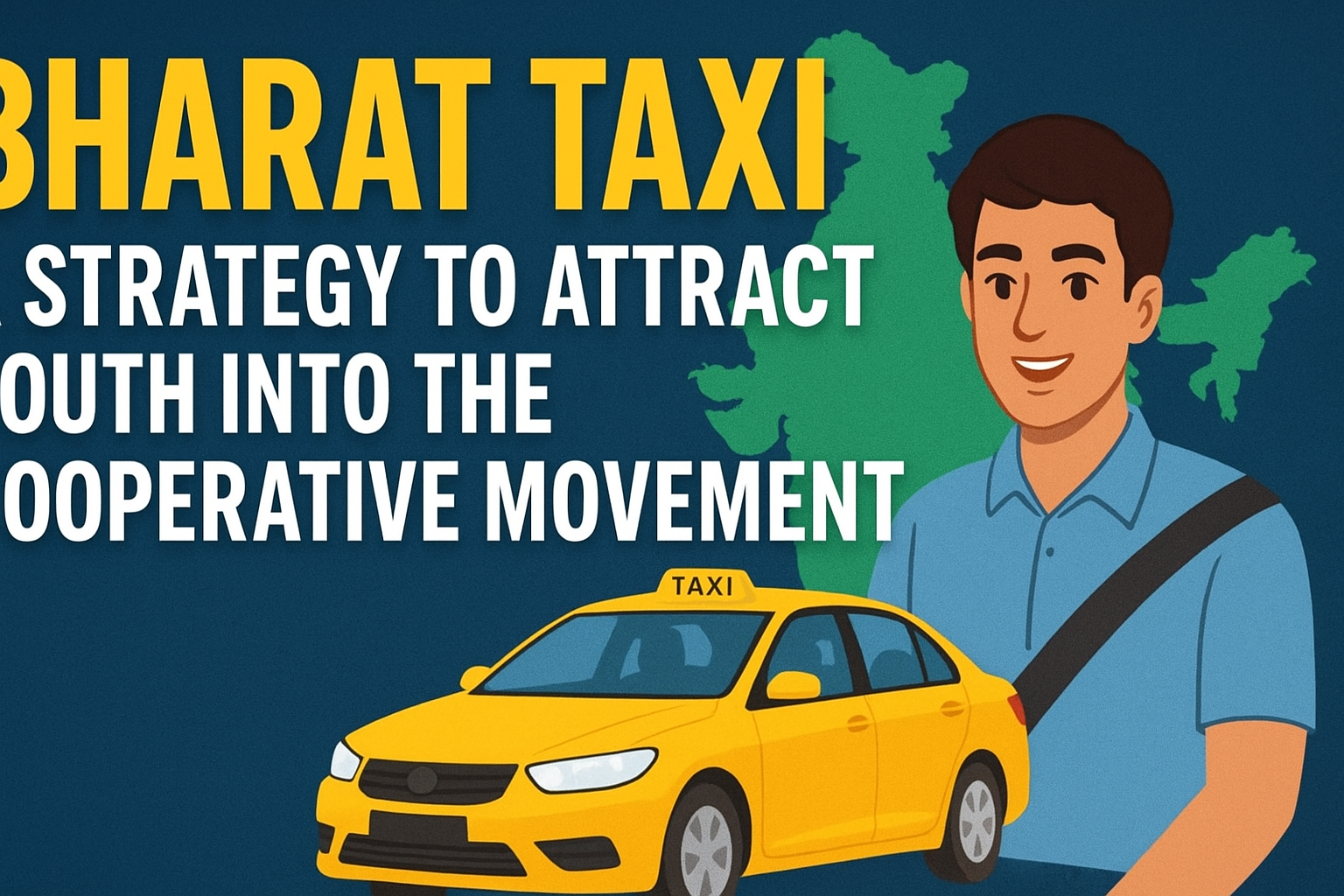
Dr.G.Veerakumaran,
Former Professor and Head,
Department of Cooperative Management,
College of Cooperation, Banking and Management,
Kerala Agricultural University
KAU Post, Thrissur, Pin: 680656,
Email: g.veeran@retd.kau.in,
Mobile: 9496419190.
Introduction
The fundamental nature of homo sapiens is migration for food and safety. Human civilisations have evolved by identifying the right place to live. Domestication of wild animals and human mobility goes together. Mobility brought economic prosperity and new ideas for better living. Human history witnessed a sea of changes in the passenger transportation from donkeys, horses, bulls, elephants, camels, dogs with carts without carts to the modern bicycles, cars, buses, trains, ferries, ships, and airplanes and so on. While the rich were owners of many such transport means , the poor were using public transport. Industrialisation and urbanisation have made public transport an inevitable element of economic growth. The pricing of such mode often led to conflict between the service provider and the consumer. In the recent past , with the the help of technology, platform companies such as Uber , Ola, Lyft (USA), Bolt (Europe/Africa), Didi (China), and Grab (Southeast Asia), Meru Cabs, inDrive, BluSmart (EV focused), Savaari, and Rapido (primarily bike taxis) are very well facilitating the passenger movement. However, all these companies are profit oriented and the taxi drivers get meager income for their hard work.. The cooperative movement works against exploitation of workers and it has proved its worth in improving the livelihood of the proletarians through its inclusive and democratic means. Transport cooperatives are yet another initiative to serve its stakeholders better than the private companies.
Organisation
Already there are three Multi-state and 4211 state level transport cooperatives in operation. The newly registered (06.06.2025) Multi-State Sahakari Taxi Cooperative Ltd, is yet another unique venture promoted by eight national level organisation namely the National Cooperative Development Corporation (NCDC), Amul, NAFED, NABARD, IFFCO, KRIBHCO, NDDB, and National Cooperative Export Limited (NCEL) with an authorized share capital of Rs.300 crores. The area of operation is restricted to Delhi, Uttar Pradesh, Gujarat, and Maharashtra.The purpose behind this cooperative enterprise is that to offer a cooperative-owned, driver-led alternative to existing ride-hailing platforms.
The two major objectives of the said cooperative are :
- To ensure better financial returns for drivers.
- To provide quality, safe, and affordable services to passengers.
The promoters have taken the right step in identifying the national level institute IIMB for developing technology and managerial solutions. Its major beneficiaries are drivers and they are assured of the entire profit accrued on their labour. The Multi-State Sahakari Taxi Cooperative Ltd, will be managed on internationally acclaimed cooperative principles, the Multi-State Co-operative Societies (MSCS) (Amendment) Act, 2023 and The 97th Constitutional Amendment Act of 2011.
Operational Model
The Multi-State Sahakari Taxi Cooperative Ltd, will operate with the brand name of Bharat Taxi and will purchase cars and the enrolled drivers will operate with the app to be developed soon. Otherwise, the operational model will be a copycat of existing models. The unique difference would be
(1) Cars are owned by the cooperative and
(2) lion share of profit will go to the driver.
Policy Implications
- Cooperative Transport Services are neither unique in India nor in a foreign land. The transport sector has already used the time tested technology formula.. However, this initiative is laudable and the need of the hour. Considering the market potential for ethical business, the cooperative has highpotential for growth and customer reach.
- It seems that the vehicles will be purchased by the cooperative and the enrolled drivers will operate like corporation bus drivers. In that case , responsibility of operation and maintenance will be with the cooperative society. Instead, the cooperative society can provide loans to the drivers to purchase vehicles and deduction may be made from the service charges. Moreover, if vehicles are purchased by the society, there will be a problem in scaling up of business. Moreover, in the AMUL model, the cooperative need not own any cattle, rather encourage the farmers to own milch animals. This new cooperative should try to make the drivers as owners of the taxi.
- Rather than few states of the nation, it is better expand across the e country by using their state official languages and the drivers should invariably be from the state where they operate.
- To start with 200 drivers were enrolled, considering the propaganda and the capital to be invested , the promoters should expand their business.
- It’s good to avail the services of IFFCO Tokio insurance and it will be a step towards cooperation among cooperatives.
- The Union and state governments, public sector organisations and other cooperatives of all levels may be encouraged to avail the services of Bharat Taxi.
- Pure professionalism should exist and any form of officialisation or politicization needs to be nipped in the bud.
- The new cooperative can have its own fuel and recharging stations, or can avail the fuel station services which would be started by the PACSs.
- The service providers should be given proper training on customer care, gender sensitivity, dealing with non-natives, safety and hygiene and driving skill by the industry experts on a continuous basis.
- In addition to the Board of Management, there must be an internal monitoring committee consisting of all stakeholders, which should meet at regular intervals to identify and rectify the existing and future problems.
- The cooperative society should have a legal cell, since the motor business involves many litigations.
12.Above all, both direct and indirect taxes for the drivers income and for the cooperative society may be exempted.
Conclusion
In India the cooperative sector is one among the other sectors of the economy. But with respect to inclusive growth private firms have little role to play. Cooperative entrepreneurship encourages enterprising youngsters to emerge as member owners so as to manage the cooperatives democratically. This Multi-State Sahakari Taxi Cooperative Ltd is a timely intervention to attract youth in the cooperative fold and to secure better employment through reasonable income so as to lead a sustained decent life. Though there is a potential threat from driverless cars, it may not materialize in the immediate future. This model may be good provided the management takes into consideration the failure of many such transport cooperatives and comes up with various takeaways as a learning process.. Cooperative effort with professionalism and honesty will never fail. As long as human migration takes place particularly for job and leisure , this business has potential and will sustain.
-Cooperation is the key to national progress-







One Response
Dear Prof. Good morning.
Really appreciated your sharp and timely article on the Sahakari Taxi Cooperative. The historical sweep and clarity on cooperative ethics stood out. 👍
Just two quick thoughts:
• Comparing with Amul was great — maybe worth stressing more on decentralized driver ownership to ensure scale and sustainability.
• Also, a brief note on why past transport co-ops failed (governance, political capture?) could strengthen your argument.
Overall, a well-argued and optimistic take. Will be useful as the NCP 2025 discourse deepens. 👏
Warmly🙏